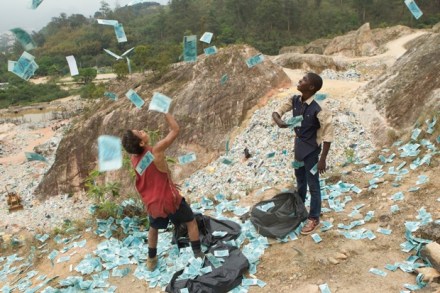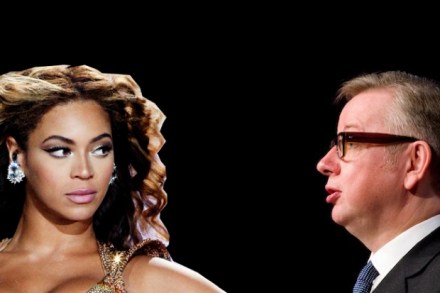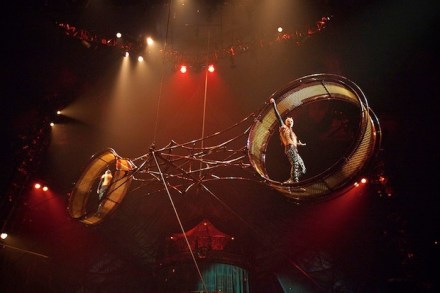Trash, review: trash by name, trash by nature
CinemaTrash is the sort of film one desperately wishes to be kind about — heart supremely, if not burstingly, in the right place and all that — but it doesn’t make life easy for itself. Directed by Stephen Daldry, with a script by Richard Curtis, and set amid the kids who work the rubbish dumps




























